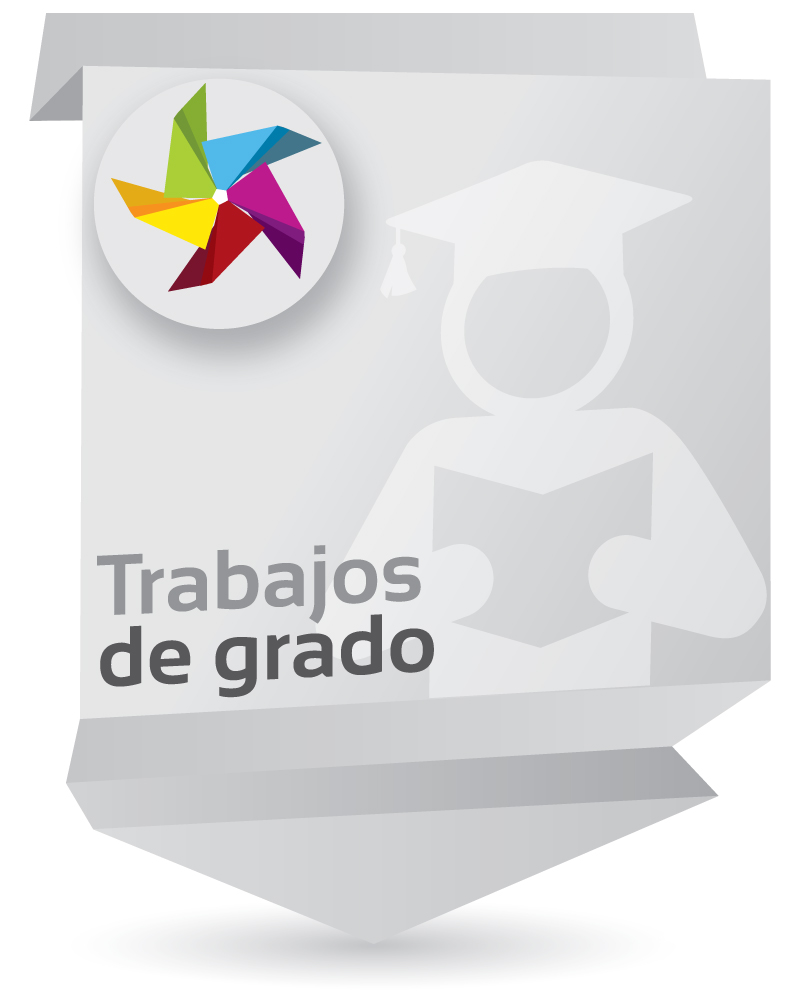El legado ancestral de la cultura wayuu como potenciador del español como segunda lengua de niños de 5 a 8 años en la Institución Educativa Indígena n° 5 de Maicao – la Guajira
Enlaces del Item
URI: http://hdl.handle.net/10818/50114Compartir
Estadísticas
Ver Estadísticas de usoMétricas
Catalogación bibliográfica
Mostrar el registro completo del ítemAutor/es
Guerra Solano, KedwinFecha
2021-10-03Resumen
El aprendizaje del español como segunda lengua en las comunidades indígenas es indispensable en el fortalecimiento escolar de niños y niñas para dar continuidad a su formación y facilitar otras oportunidades de vida de la cultura occidental. La oralidad es concebida como la base de todas las lenguas, por tal motivo el presente trabajo investigativo tiene como objetivo fortalecer el uso del español como segunda lengua de los niños y niñas Wayuu de 5 a 8 años a través del diseño de una estrategia pedagógica basada en la integración de su cultura y tradición con los contenidos de la cultura occidental. En este sentido, mediante un enfoque cualitativo de investigación acción participante se realizó una caracterización de los protagonistas por medio encuestas, entrevistas y observación participante que permitió identificar las principales necesidades del fortalecimiento de la oralidad del español como segunda lengua, para lo cual se propuso una estrategia pedagógica basada en talleres en el aula a partir de los relatos míticos propios de su etnia, teniendo en cuenta los aspectos socioculturales y las dimensiones de la formación infantil, las cuales tienen mucha importancia para la educación del indígena, incluyéndolas en el marco de lo que hoy se denomina la Etnoeducación. Learning Spanish as a second language in indigenous communities is essential in the
school strengthening of boys and girls to give continuity to their training and facilitate other life
opportunities of Western culture. Orality is conceived as the basis of all languages, for this
reason, the present research work aims to strengthen the use of Spanish as a second language of
Wayuu boys and girls from 5 to 8 years old through the design of a pedagogical strategy based
on in the integration of its culture and tradition with the contents of Western culture.
In this sense, through a qualitative approach of the ethnographic method, a
characterization of the protagonists was carried out through surveys, interviews and participant
observation that allowed identifying the main needs to strengthen the orality of Spanish as a
second language, for which a strategy was proposed pedagogical based on didactic workshops in
the classroom based on the mythical stories of their ethnic group, taking into account the socio cultural aspects and the dimensions of child education, which are very important for the
education of the indigenous, including them within the framework of the which today is called
Ethnoeducation.
The proposed didactic material was adapted to the context in which it will be used,
following the principles of situated learning -focused on real situations proper to the context Ethnoeducation -the ethnoeducation project of the Anaa Akua'ipa Wayuu nation- and
constructivism - focused on the development of oral social communication skills. Although there
are few pedagogical materials that teachers must strengthen the orality of Spanish in indigenous
children of initial education, this proposal raises orality as a more immediate and direct form of communication, where the culture and tradition of their ethnicity, can be used to increase their
training.













![pdf [PDF]](/themes/unisabana//images/mimes/pdf.png) Ver documento en PDF (4.312Mb)
Ver documento en PDF (4.312Mb)




